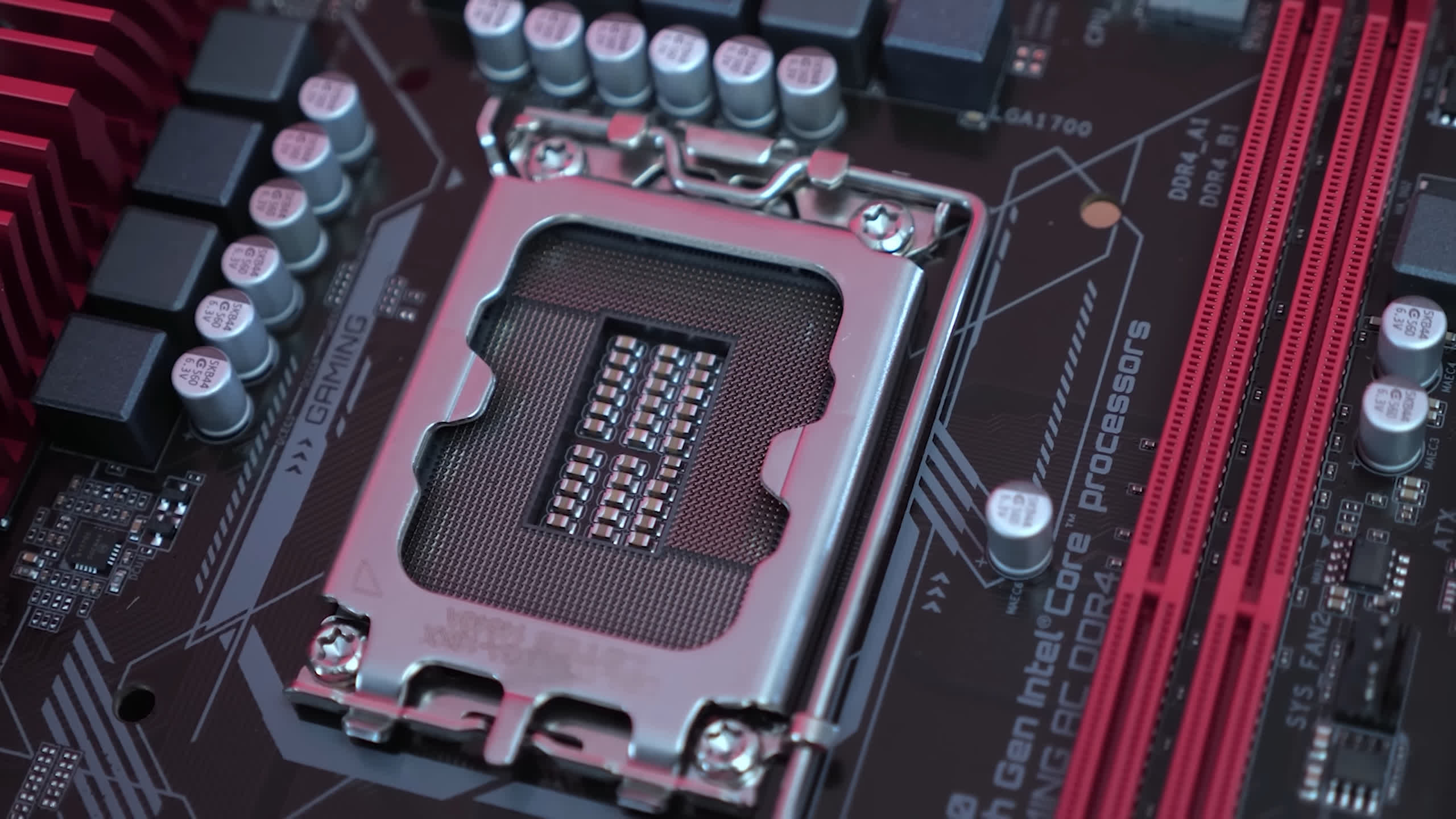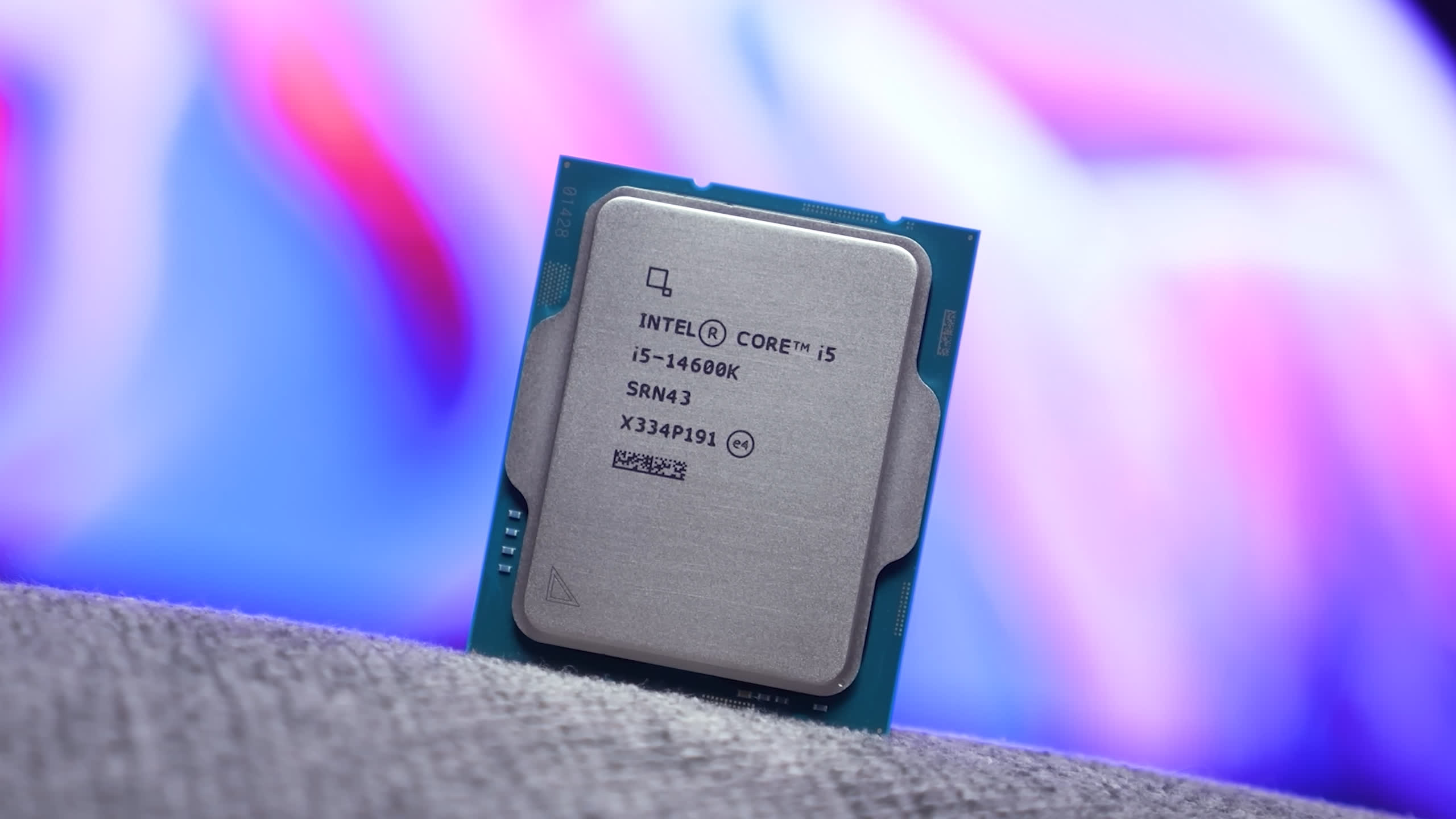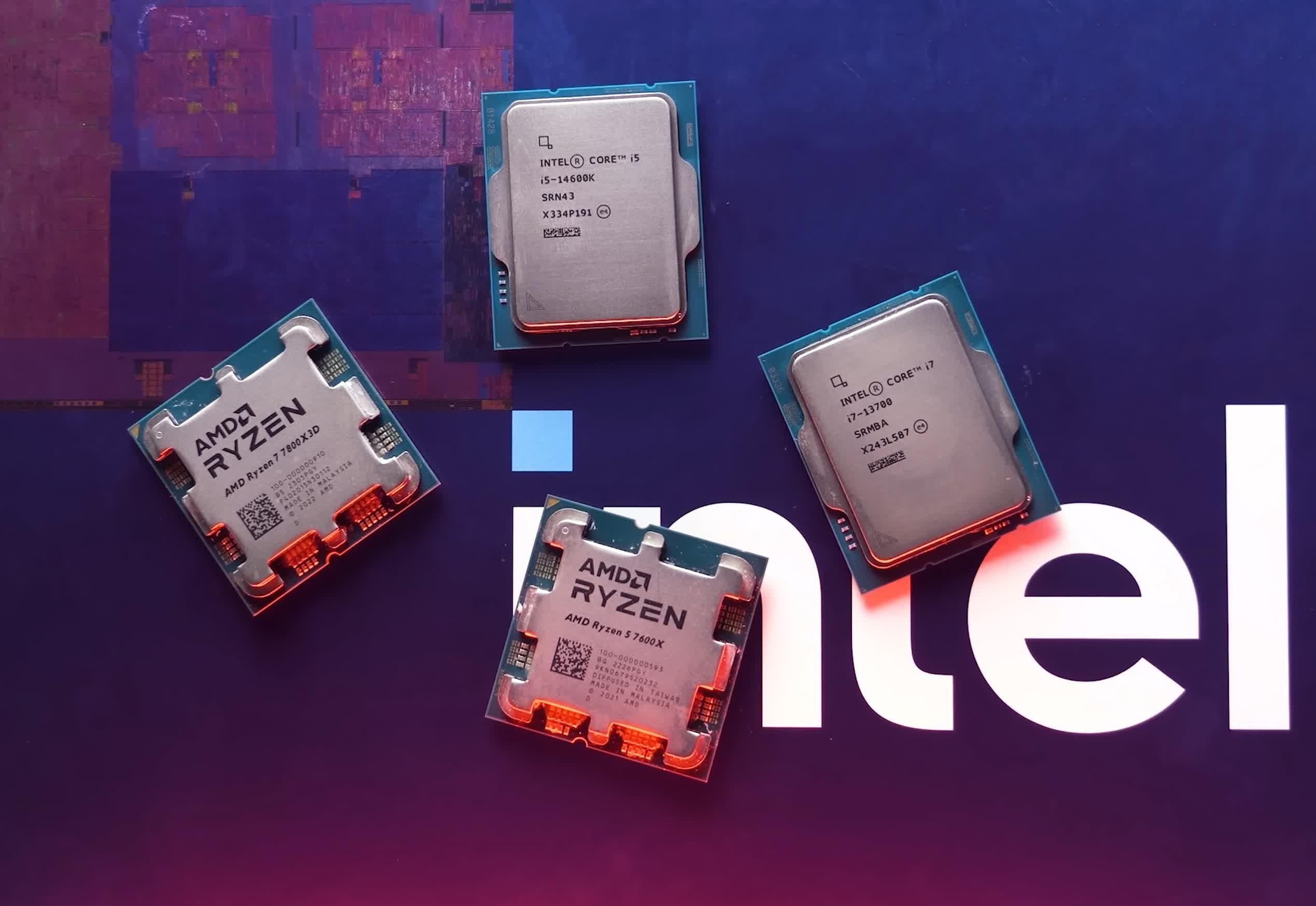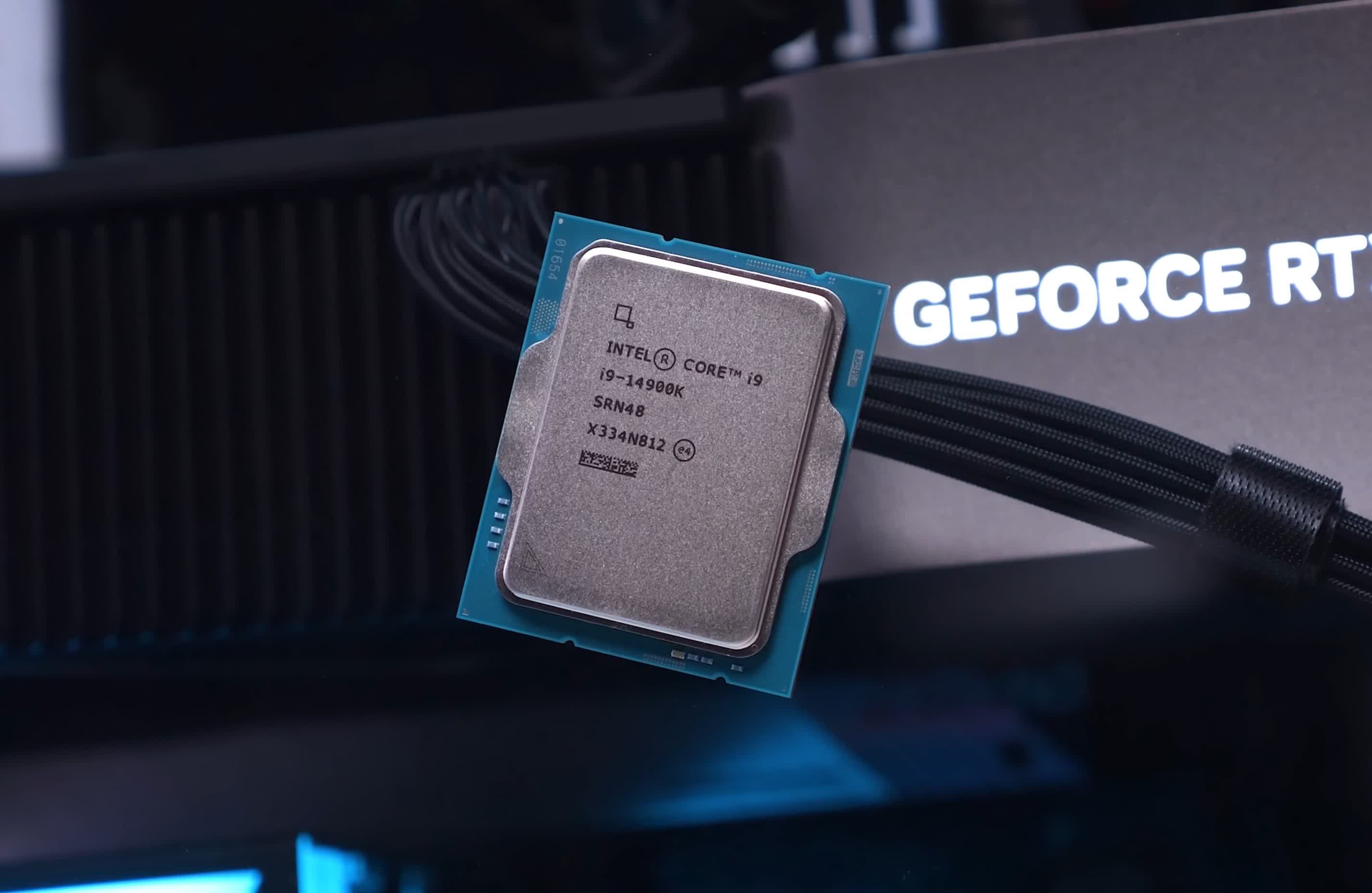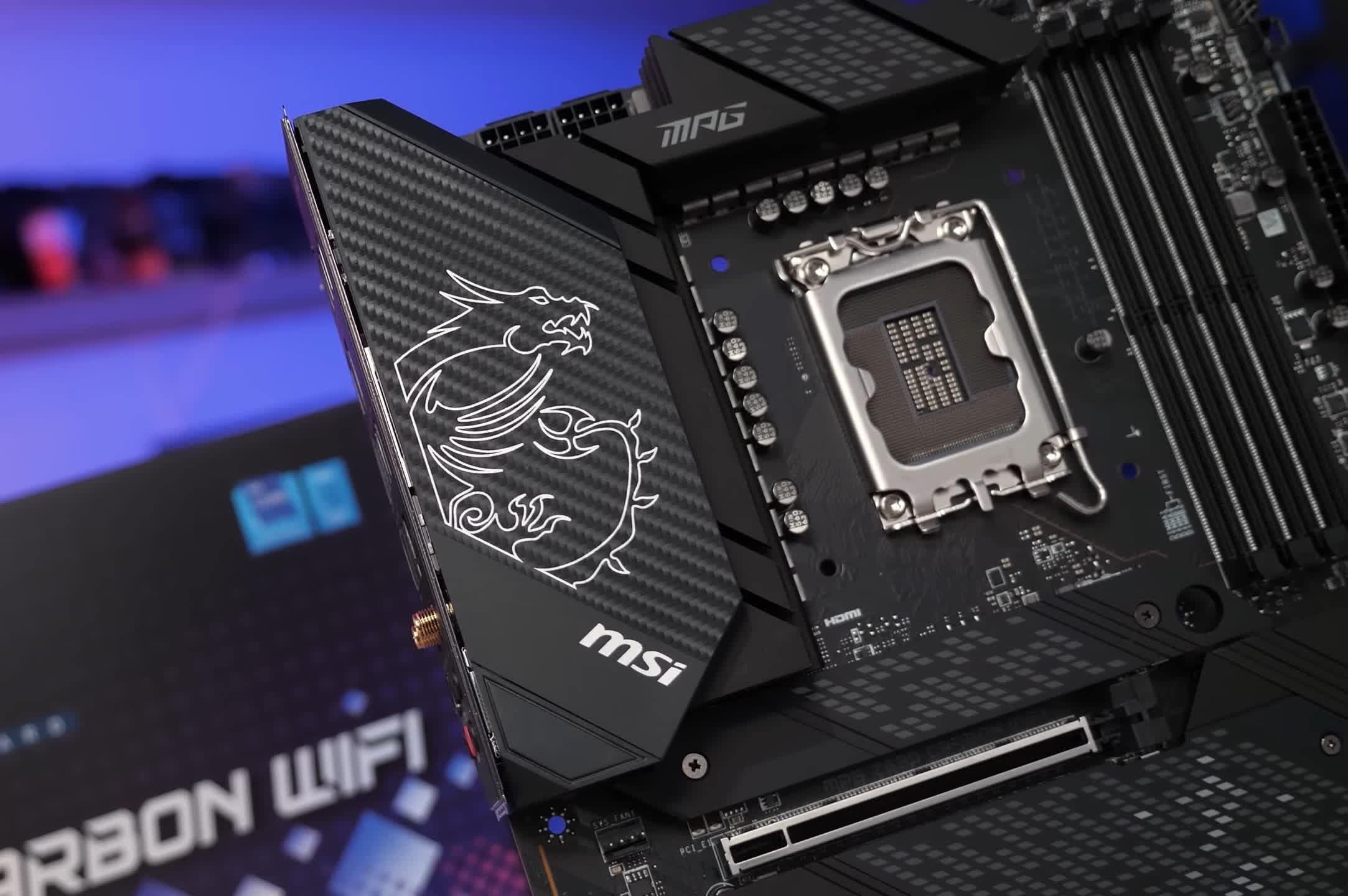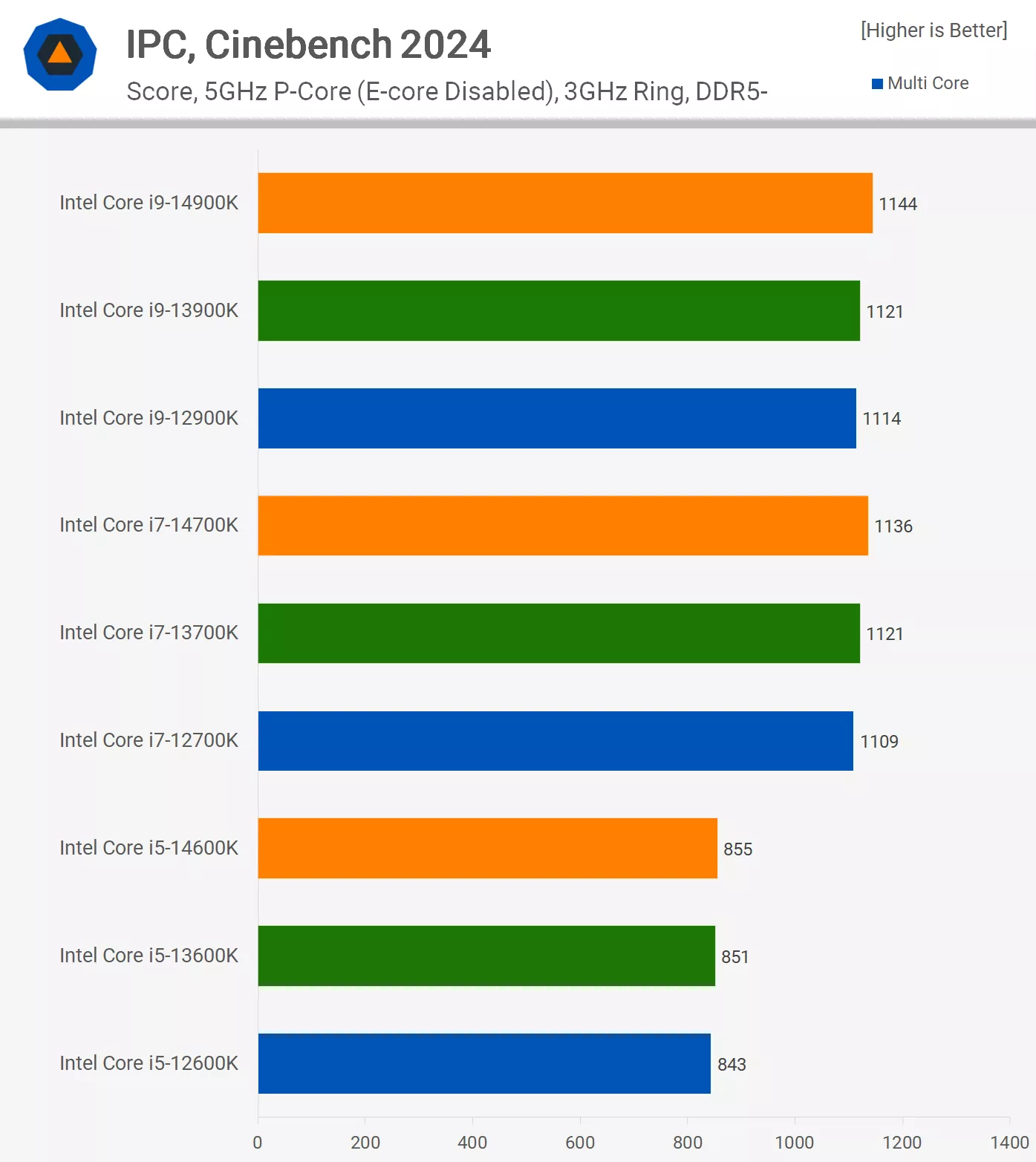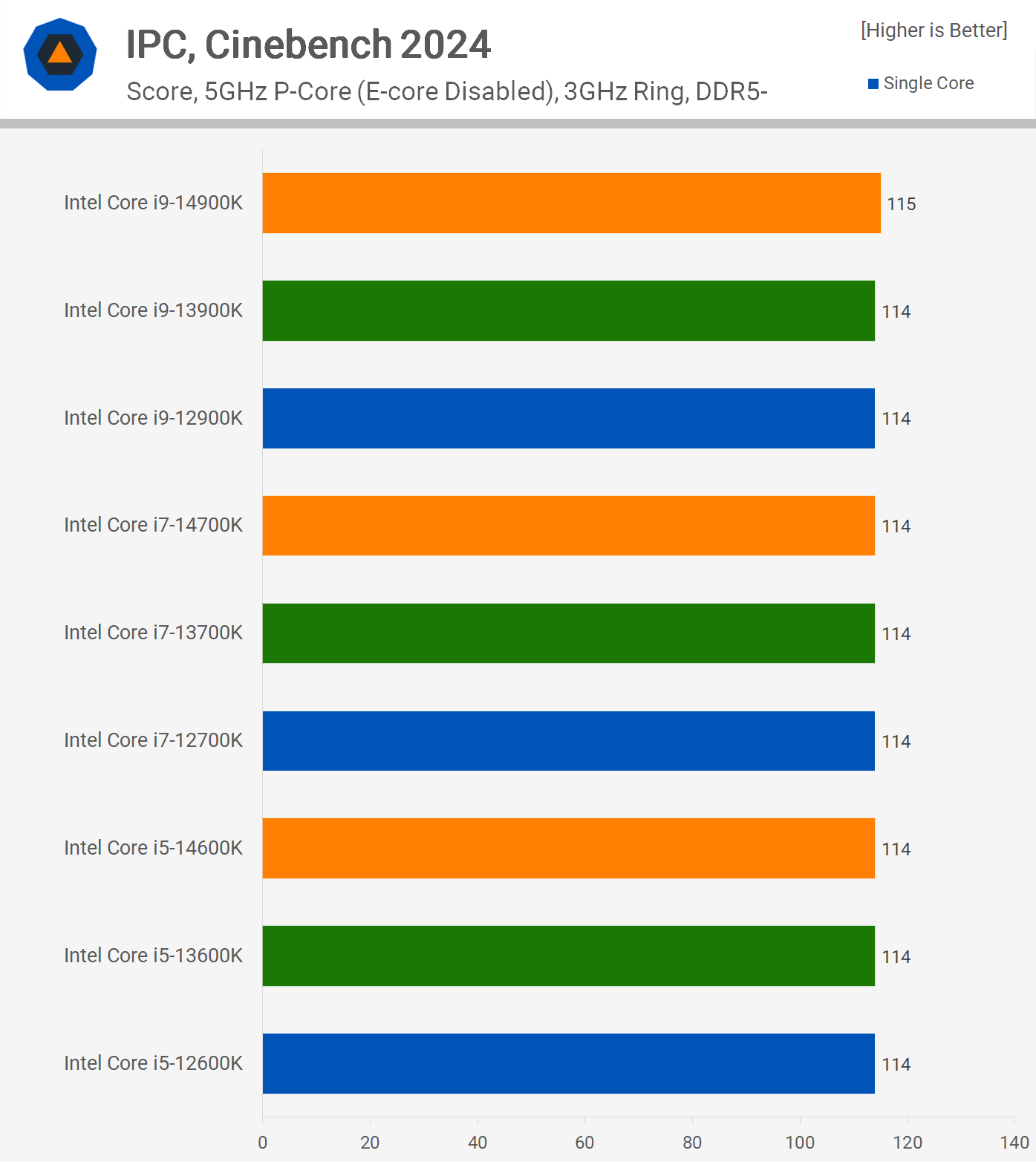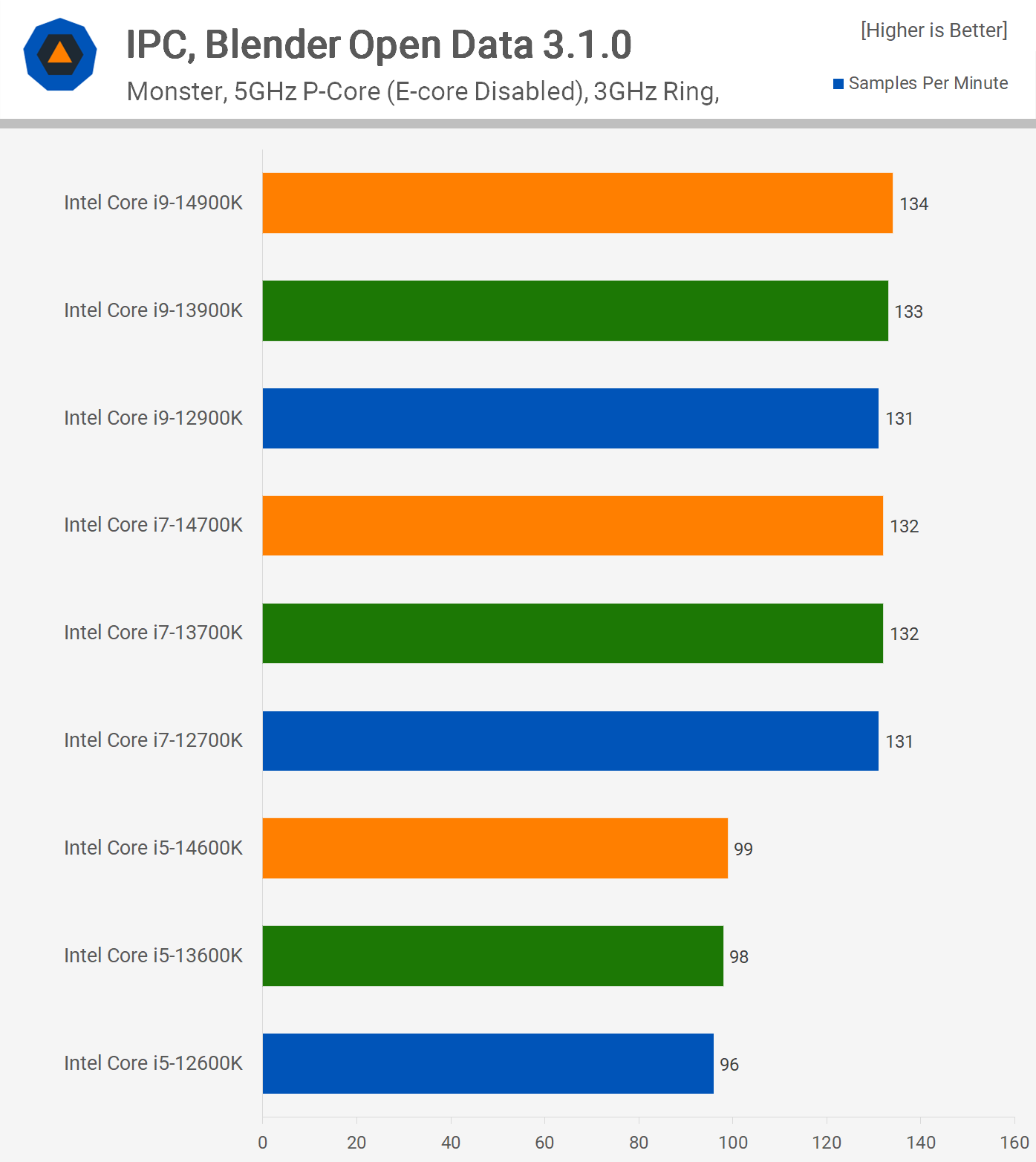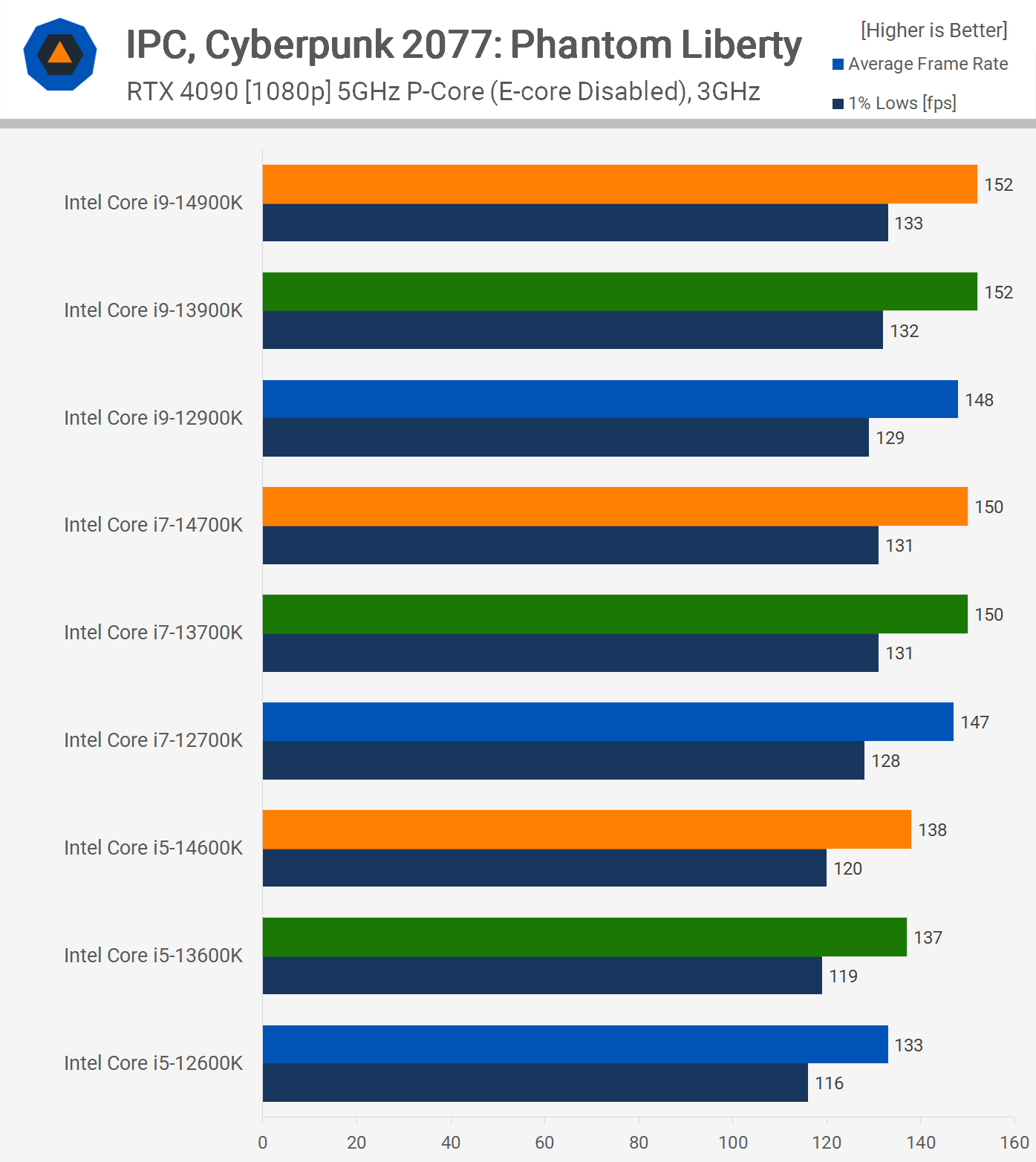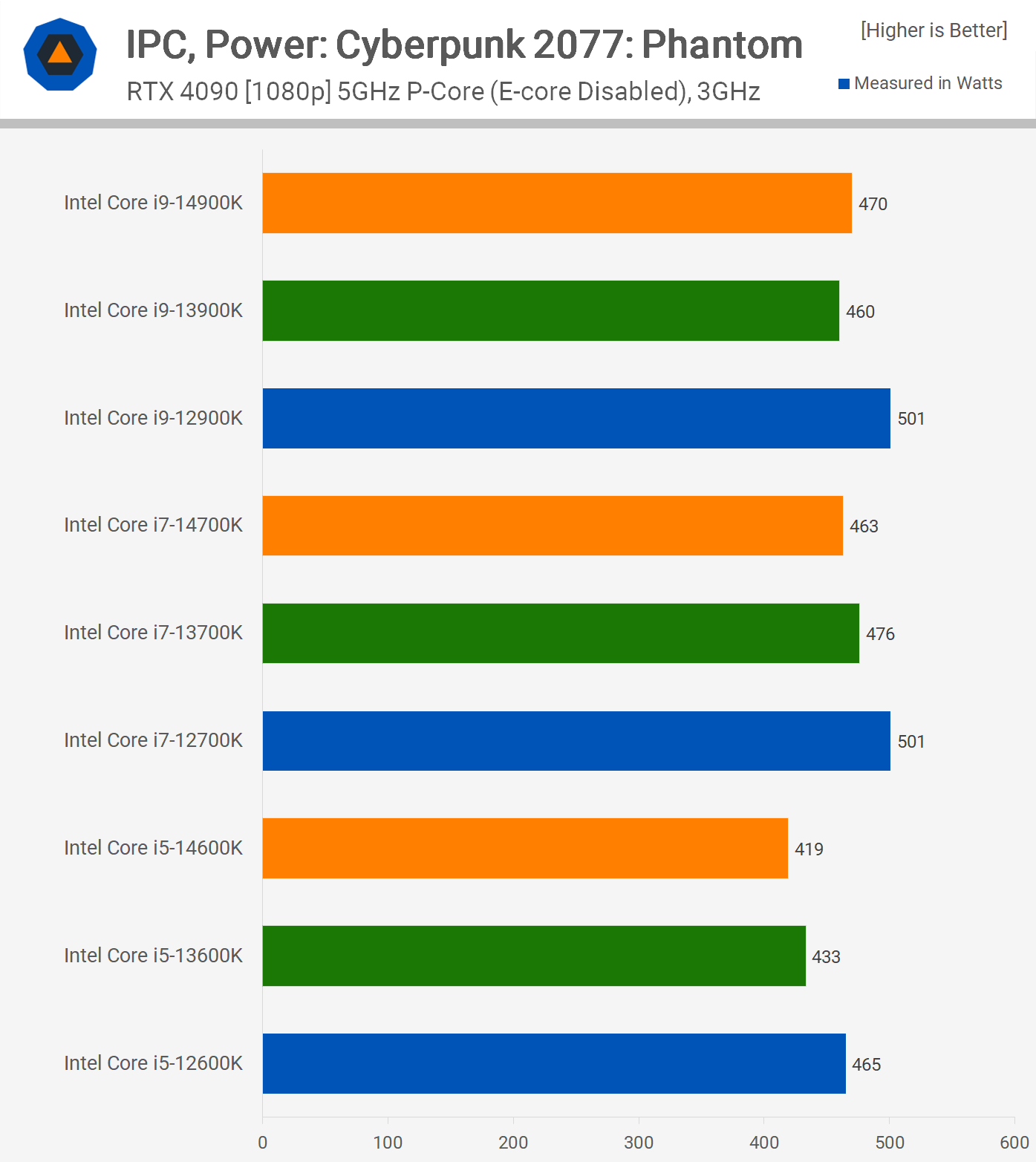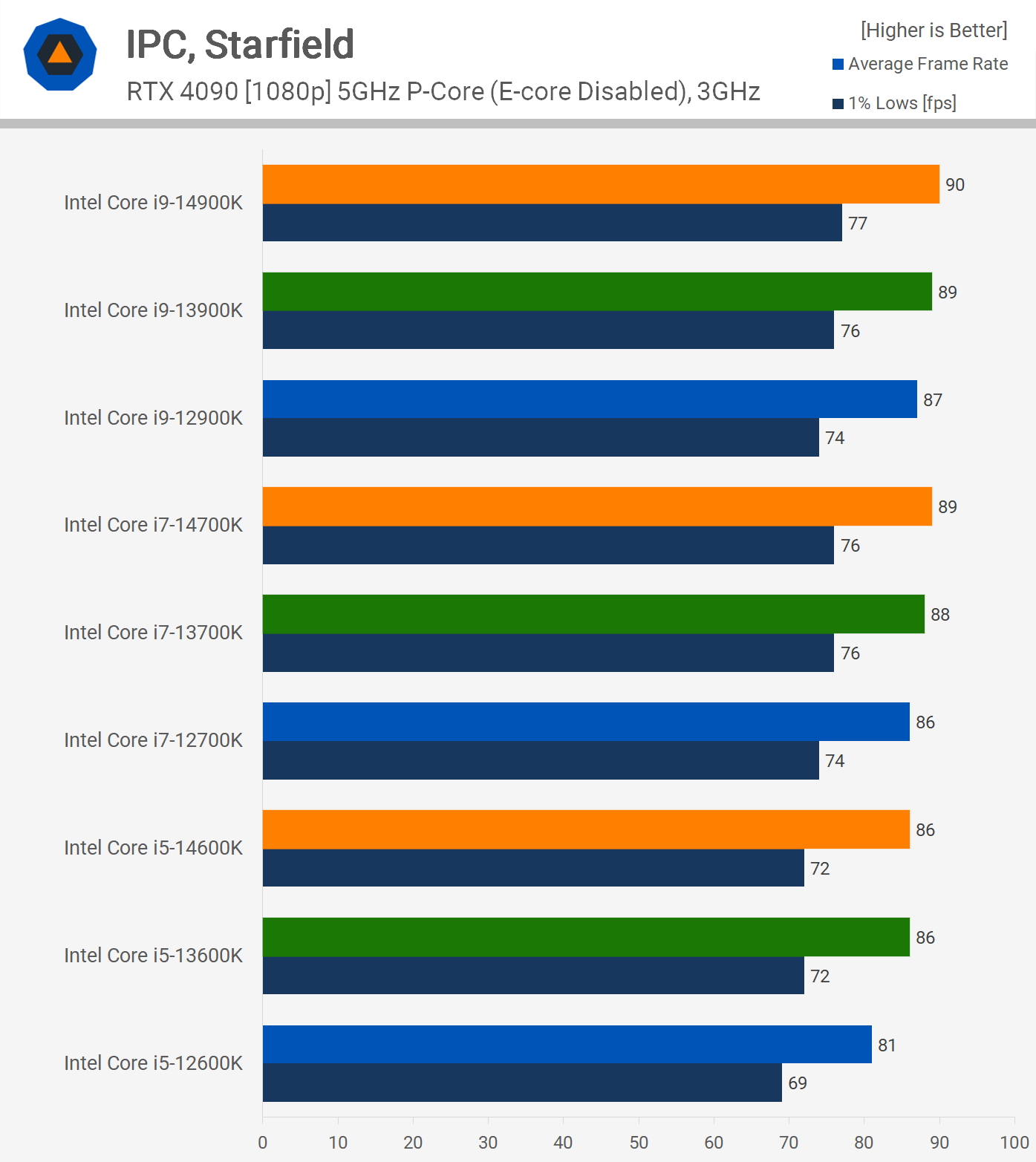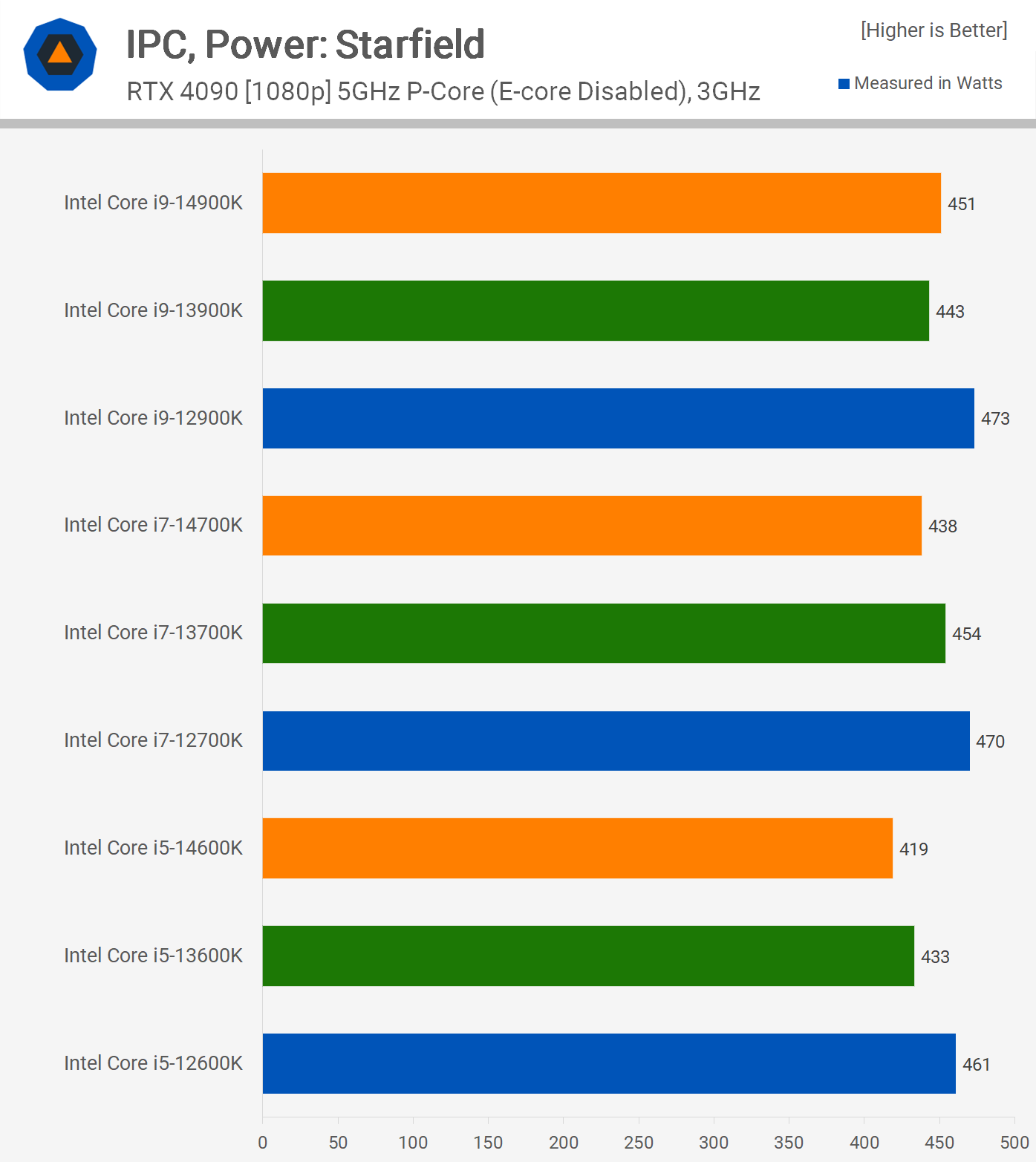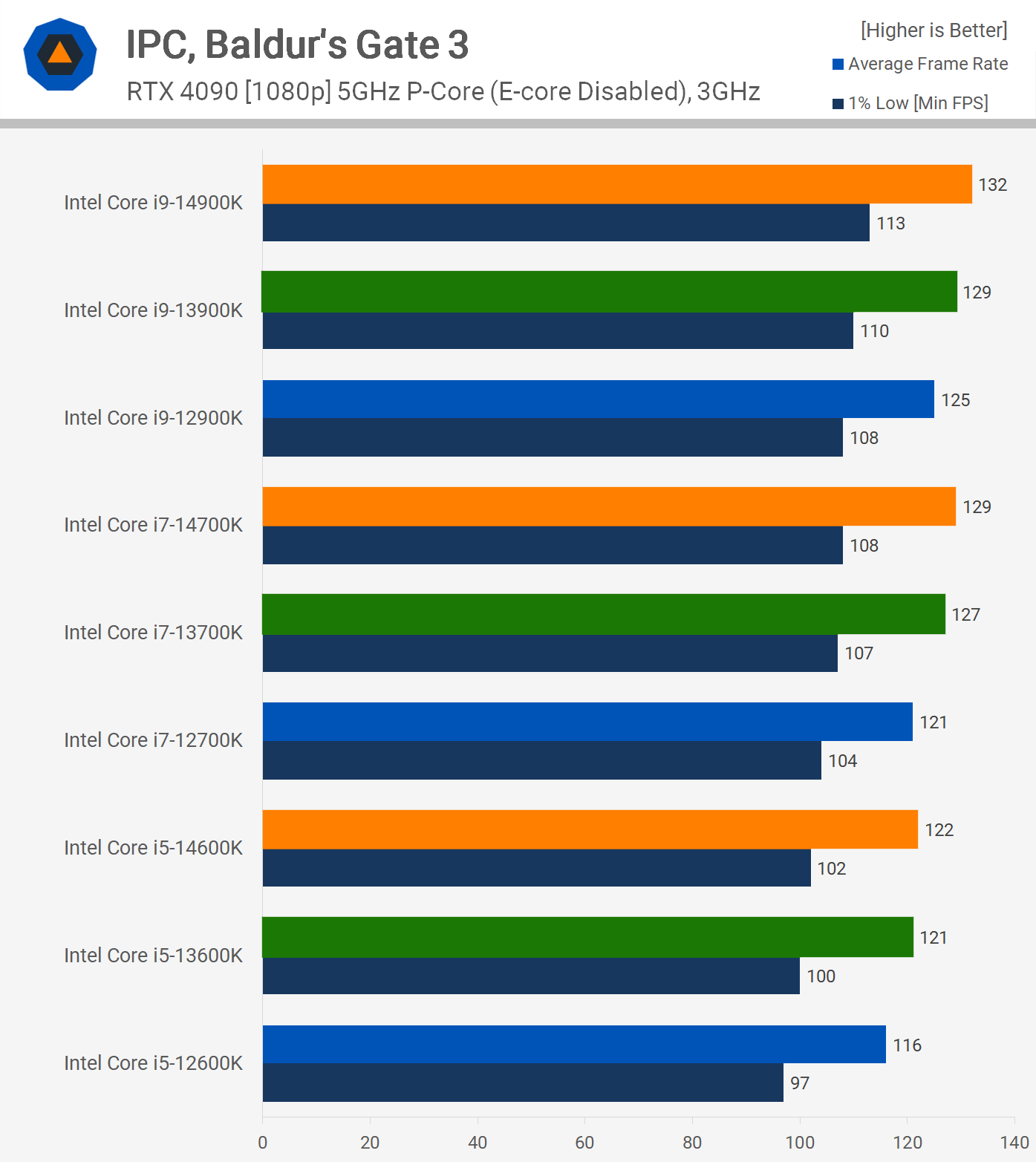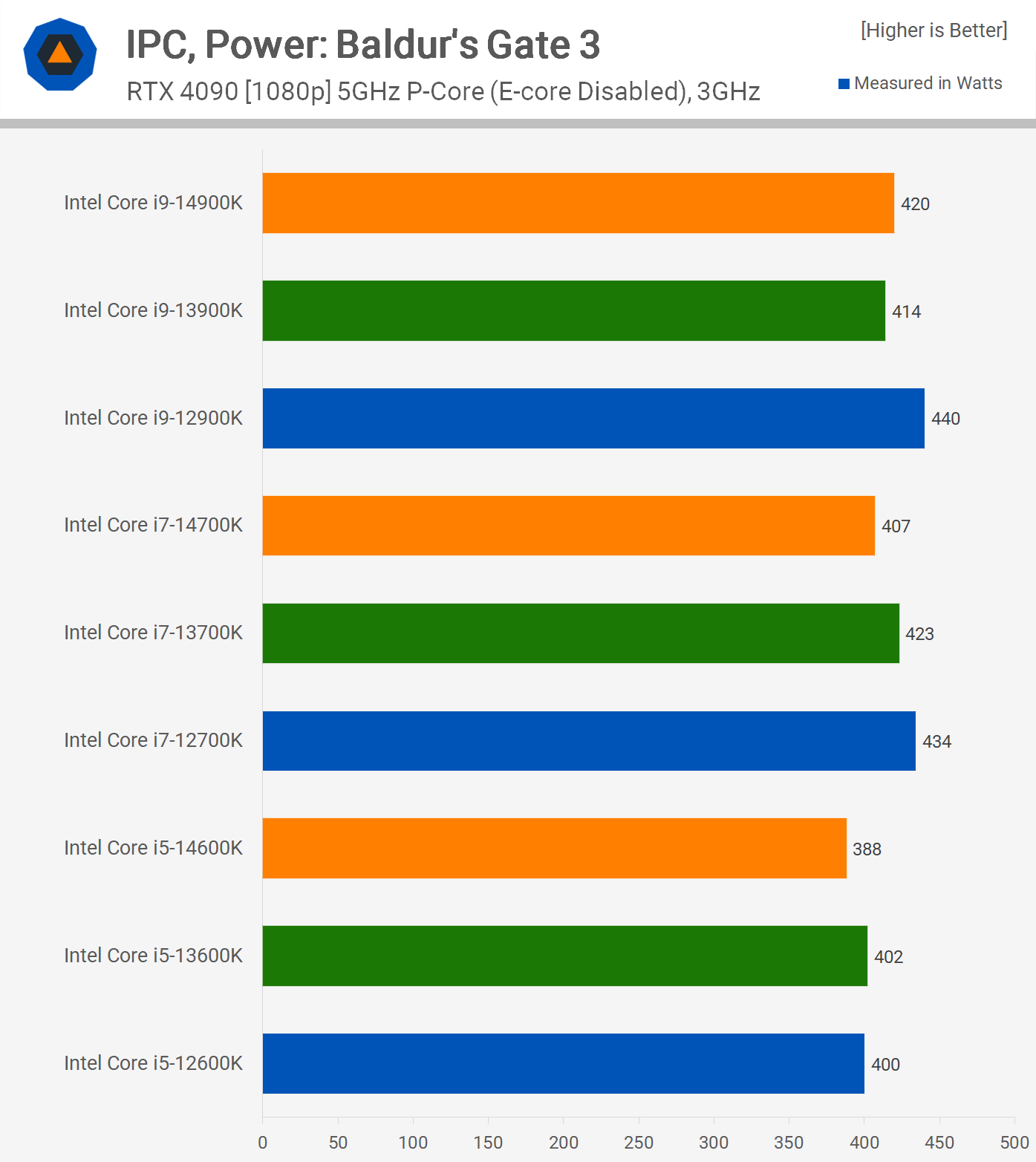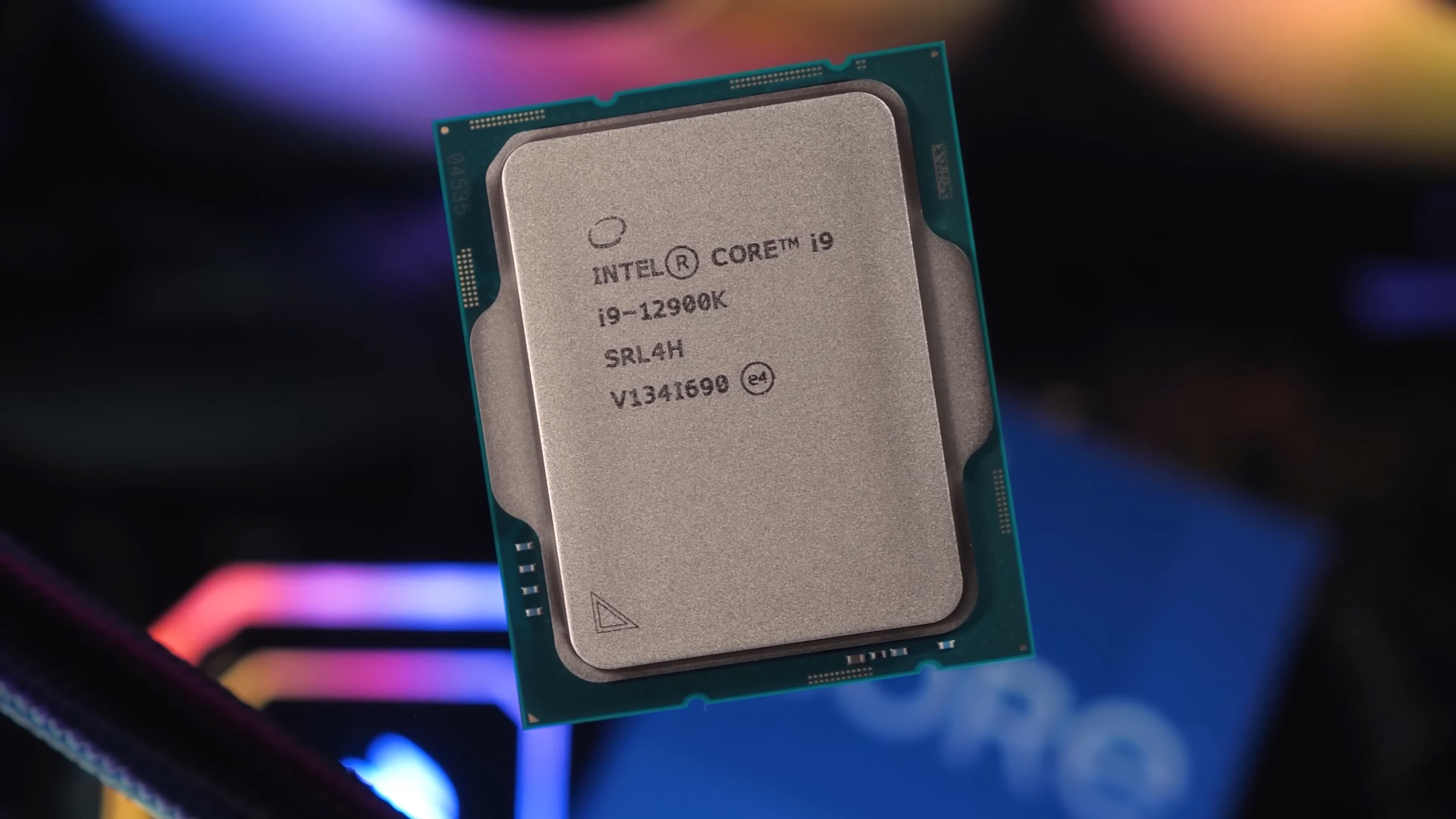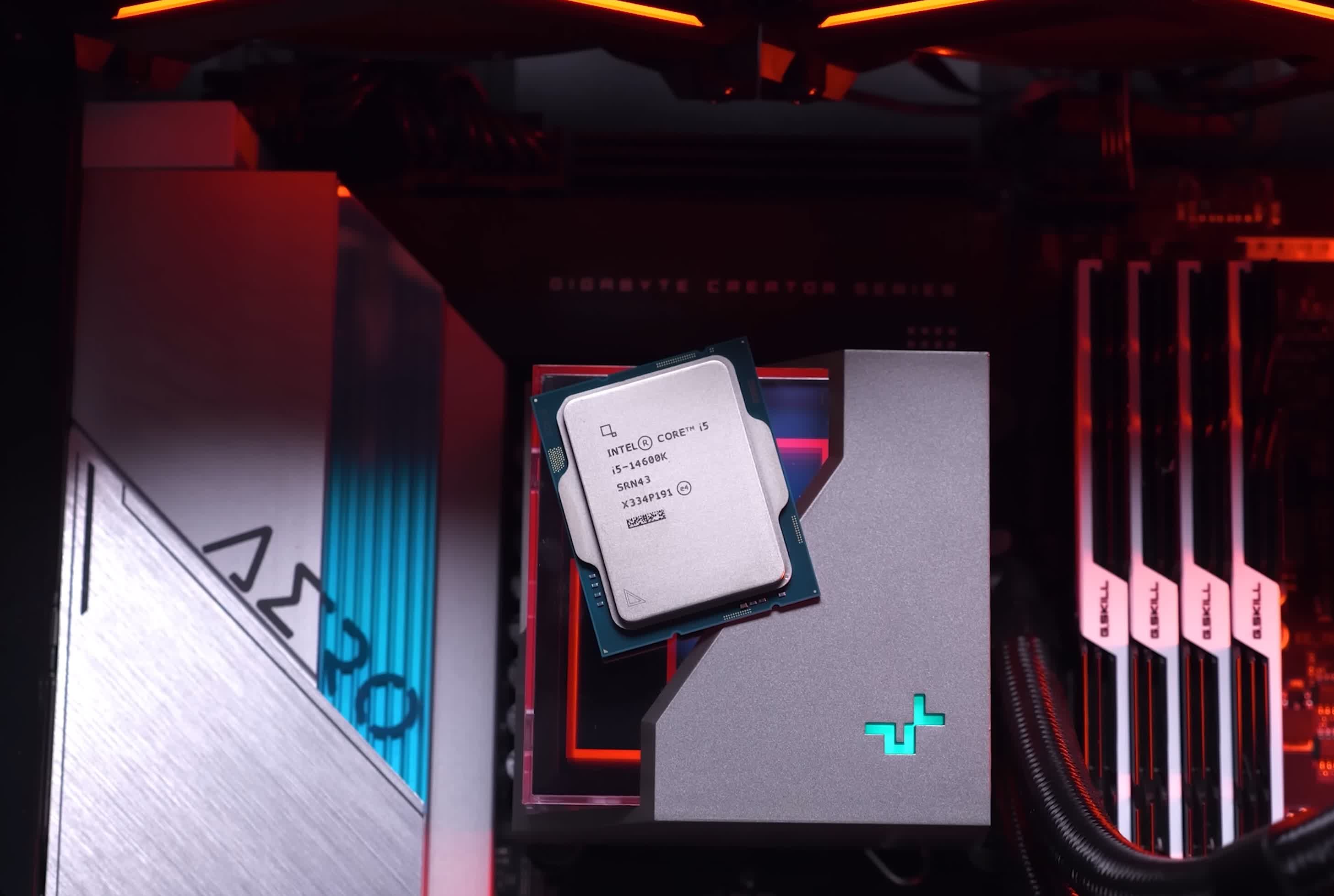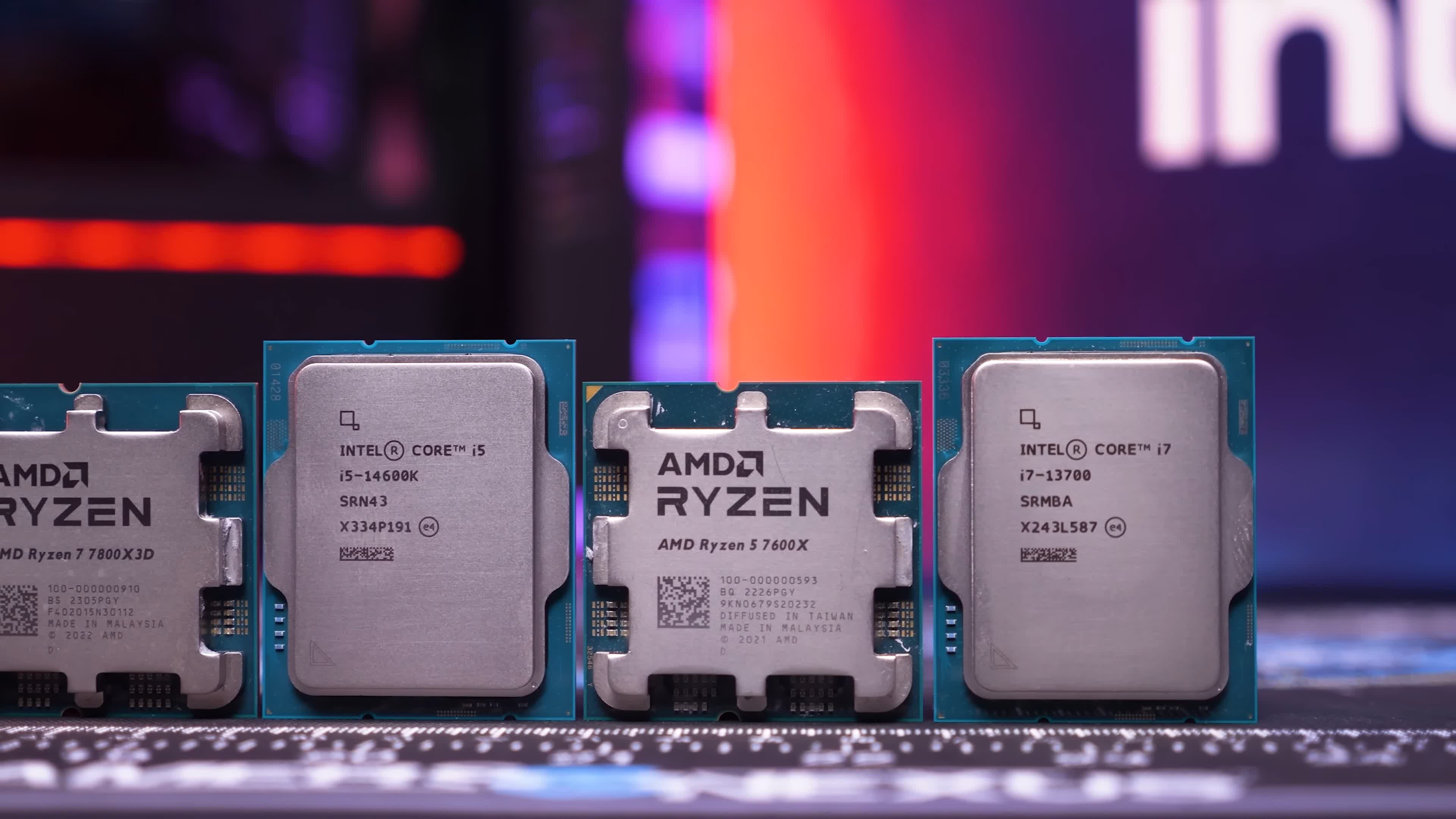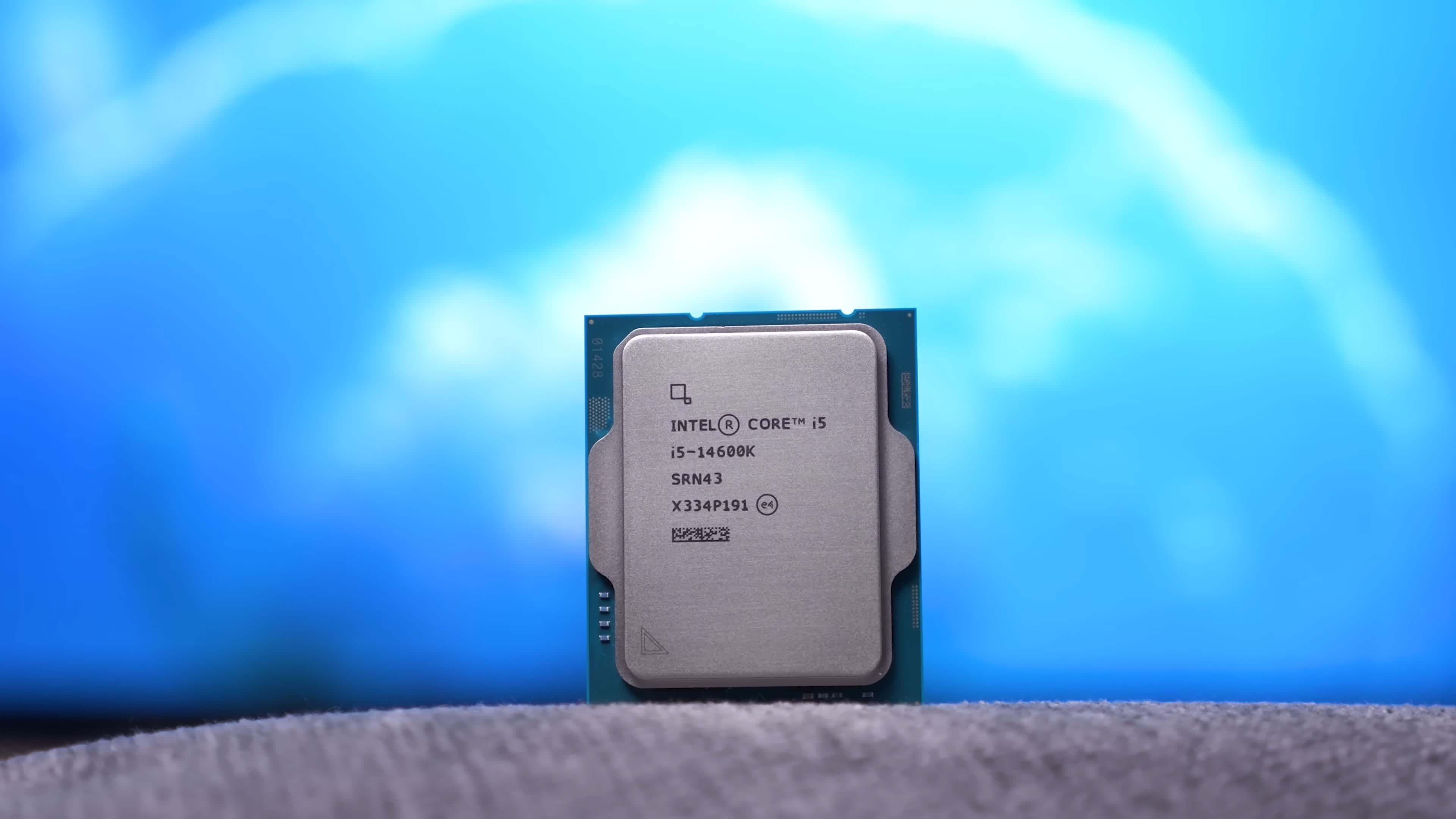Today, we're taking a more in-depth look at a clock-for-clock (IPC) test of Intel LGA 1700 processors. This means we're comparing the 12th-gen, 13th-gen, and the "new" 14th-gen CPU models we recently reviewed. Our aim is to offer insight into the architectural improvements – or the lack thereof – that Intel has introduced with each new CPU generation.
Right away, we can remark how unusual it is that we've got three generations or series of Intel's CPUs on the same platform. Historically, Intel has typically supported only two series, which was a staple of their tick-tock strategy.
And while Intel has a strong track record of creating CPUs that offer excellent gaming performance, they also have a bad track record for longer-term platform support. By this, we mean builders and gamers have become accustomed to upgrading their perfectly good motherboard every time they want better CPU performance.
For many years, Intel's strategy went unchallenged, primarily because they faced no significant competition. For almost a decade before the release of Ryzen, AMD struggled. And even after Ryzen's introduction, it took a few iterations for it to gain solid footing.
But now the landscape is drastically different. Intel's been getting battered in the retail market, and even with the introduction of the 14th-gen Raptor Lake-refresh CPUs, Intel's challenges seem to be mounting.
There are various reasons for this shift. One major factor, beyond the impressive price-to-performance ratio of many Ryzen processors, is platform support. AM4's success is hard to deny. Even when AMD tried their best to mess it up by axing support prematurely, the enthusiast community saved AMD from AMD'ing themselves, and in the process helped create what is one of the best CPU platforms in history.
Recognizing the trend, AMD quickly announced comprehensive platform support for AM5. Yet, they've hinted at the possibility of transitioning from the platform sooner than they did with AM4. It remains to be seen if AM5 will replicate AM4's success. But one thing is evident: it has a brighter future than Intel's LGA 1700 platform, which is now effectively dead, despite the recent launch of the "new" 14th-gen models.
In many ways you could argue that LGA 1700's high point was the initial release of the 12th-gen Alder Lake architecture in January 2022. The 13th-gen Raptor Lake update did bring some enhancements like increased L2 and L3 cache capacities and heightened clock speeds. However, these weren't significant enough to entice 12th-gen owners.
In practical terms, 12th-gen parts could be overclocked to mirror the frequencies of 13th-gen models, further blurring the distinction between the two. Given this, we chose to remove the clock speed variable to compare the 12th, 13th, and 14th-gen K-SKU parts at identical frequencies.
For our tests, the E-cores were disabled, the ring bus locked at 3GHz, and all CPUs were evaluated using DDR5-7200 memory and the GeForce RTX 4090. Let's delve into the comparisons...
IPC Benchmarks
First up we have the Cinebench multi-core benchmark and here we find just a 3% increase from the 12900K to the 14900K when comparing clock-for-clock performance. The margin is slightly smaller for the Core i7's, just a 2% increase from the 12th to 14th-gen model and then a 1% increase for the 14600K over the 12600K.
The single core gains are, well, zero. There's nothing to talk about here, the cache benefits of the Raptor Lake architecture aren't particularly useful here, so we're looking at the same performance from the Core i5's to the Core i9's and the generation doesn't matter.
As we saw with the Cinebench multi-core test, using Blender shows almost no difference in performance between the Core i7-12700K and Core i9-14900K, as both CPUs pack 8 P-cores, we're looking at a mere 2% difference.
Now, when it comes to gaming we're looking at similar performance trends to what was seen in Blender and the Cinebench multi-core test. When operating at the same clock speeds the 14900K is just 3% faster than the 12700K in Cyberpunk at 1080p with an RTX 4090.
Out of interest, we recorded the average total system power consumption during our benchmark pass and are reporting the three run average data here. For this testing voltages were not controlled, though all CPUs were tested on the same motherboard with the same BIOS revision.
It's quite clear based on this and past data that Raptor Lake is more power efficient than Alder Lake, though overall power usage is still very poor.
Next up we have Starfield and here we're seeing just a 5% increase from the Core i5-13600K to the Core i9-14900K and that means the 14900K was just 3% faster than the 12900K. We're also seeing just a 3% uplift from the 12700K to the 14700K, though we did see a more substantial 6% increase from the 12600K to the 14600K.
The power consumption figures are similar to what we saw in Cyberpunk, the 14th-gen is typically a bit better than 13th-gen, either though silicon quality or BIOS optimizations for 14th-gen, we haven't looked too closely at that yet. Both are an improvement over 12th-gen though.
Then we have Baldur's Gate 3 and here the 14900K was 6% faster than the 12900K and 2% faster than the 13900K. Now the 14900K and 13900K are the same product, yet the 14th-gen version was consistently faster in this test, so there is some kind of optimization taking place at the BIOS level which will require further investigation. Still the gains for the 14th-gen parts over the older 12th-gen models isn't exactly significant.
Here's the Baldur's Gate 3 total system power consumption figures and again they're quite similar to what we saw in Starfield and Cyberpunk, suggesting that some voltage optimization work has been done with each generation.
What We Learned
So there you have it, not much progress from Intel over the past 2 years, even though they've introduced three new CPU generations. This isn't necessarily a significant issue for Intel as they remain competitive in terms of performance. In fact, they often surpass AMD, though with the trade-off of much higher power consumption.
A more pressing concern for Intel might be their inconsistent platform commitment. This inconsistency has likely been detrimental for a while, leading to missed sales opportunities. For instance, if you invested in a 12th-gen component like the Core i7-12700K, your upgrade path seems limited. The 14900K offers only a slight performance boost, presenting a minimal upgrade relative to the substantial financial investment.
In the best-case scenario, Intel's 15th generation might provide a noteworthy performance improvement, prompting an upgrade, but this would require a new motherboard. Quality Intel Z790 boards start at $200, so if repurposing or selling the system isn't viable, upgrading becomes a costly proposition.
This isn't an ideal situation for Intel's customers. While some might argue that not everyone upgrades with every new generation, that misses the broader issue. No enthusiast or customer should be defending Intel's poor platform support, you're just shooting yourself in the foot and making the PC platform worse for everyone else in the process. This is without question the worst aspect of the PC enthusiast crowd and we see this illogical corporate simping for not just for Intel but also with AMD and Nvidia.
It's worth noting that those who invest in premium products, like the Core i9, are more inclined to upgrade frequently, given there's a meaningful performance benefit. Not from 13900K to 14900K, but jumping from a 10900K or 11900K to 13900K is a plausible move, even if it demands a motherboard change.
It's a lot like RTX 4090 buyers, many of them will buy the RTX 5090 when it comes out. But those who purchased the RTX 4070 or a more affordable alternative will typically wait a few generations before upgrading.
And this is exactly who is affected by limited platform support: mid-range to entry-level users – budget users if you will. There's no reason why Intel couldn't have skipped LGA 1200 for 1700, releasing 10th and 11th-gen on the larger socket. Imagine if those who purchased a Core i5-10600K back in 2020 were afforded the ability to upgrade to a 13600K today, without having to buy a new motherboard, and based on our day-one review data for the 13600K using DDR4, it offered 50% more gaming performance when mostly CPU limited, or almost 170% more processing power for core-heavy applications.
That's a massive performance uplift and had Intel been able to offer it while maintaining platform compatibility, it would have greatly benefited both themselves and their customers.
Therefore, it's our opinion that Intel needs to support their next platform for at least 4 generations, and by generations we mean real generations, no straight refreshes. Ideally, they also need to make a good step forward from Raptor Lake to justify the socket change and any associated compatibility issues.
On the whole, LGA 1700 presents a mixed bag from Intel. While it addresses certain challenges the company faced, it overlooks others and even introduces new issues. For instance, introducing E-Cores improved subpar productivity performance from earlier generations, but they've continued to ignore stuff like poor platform support while creating new problems such as extreme power usage.
While AMD's AM5 platform isn't perfect, its true potential remains to be seen. It might take a few more years to determine whether or not it's another success.
